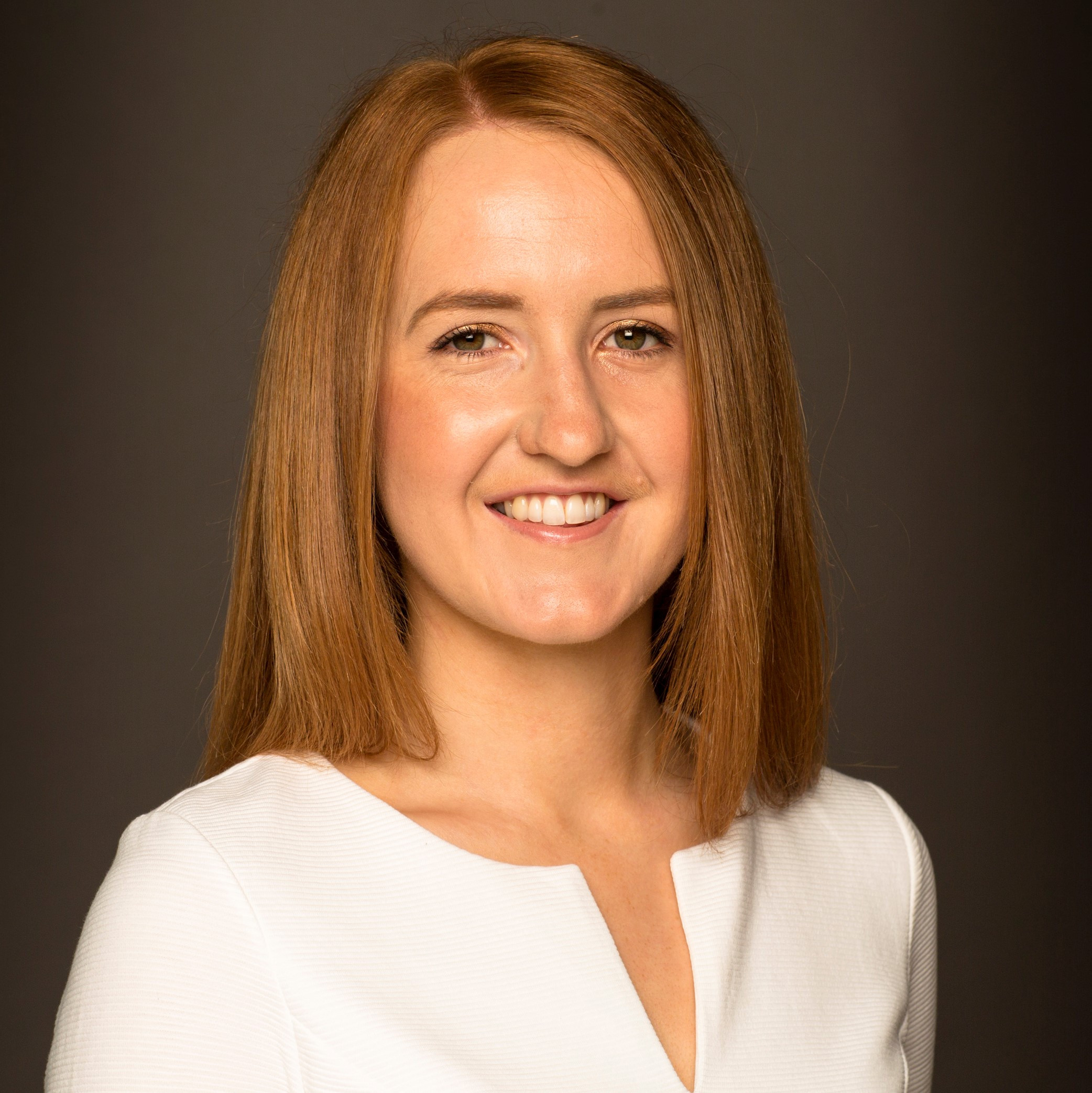Misleading Advertisements Remain the Primary Breach of the ASAI Code
The Advertising Standards Authority for Ireland (“ASAI”) recently published its 2019 Annual Report (the “Report”). According to the Report, a total of 1,858 written complaints concerning 1,360 advertisements were made to the ASAI last year, representing a 10% increase on the number of complaints received in 2018. A significant majority of these complaints were made on the basis that an advertisement was perceived to be ‘misleading’.
Grounds of Complaint
In 2019, as in previous years, the main area of complaint related to advertisements being misleading (65%). The general rules of the ASAI Code which relate to areas such as responsibility, portrayal of persons in advertising, recognisability of advertising, depictions of unsafe practices and anti-social behaviour gave rise to 15% of complaints, with those relating to offensive advertisements at 7%.
The Report also notes that a wide range of other issues covered by the ASAI Code were raised by members of the public, including concerns about promotional marketing practices, food and non-alcoholic beverages, health and beauty, e-cigarettes, children, gambling, online behavioural advertising and slimming products.
In terms of sector, the main areas of advertising which raised concerns for the public included health and beauty, leisure, non-commercial advertisements, travel/holidays and motoring.
A total of 105 advertisements were found to be in breach of the ASAI Code.
Complaints by Media
Following the trend evident in earlier years, digital media gave rise to the largest block of complaints (48%). This represents a sizeable increase from 22% of complaints in 2010.
Complaints in relation to broadcast media accounted for 27% of all complaints.
Copy Advice
Interestingly, copy advice requests rose by 10% in 2019, demonstrating the increased willingness on the part of advertisers to ensure that proposed advertisements comply with the ASAI Code. The ASAI provides this service on proposed marketing communications to anyone involved in advertising free of charge and on a confidential basis.
Stakeholder Engagement
Section 4 of the Report details the areas of focus for the ASAI in 2019, with further action plans for 2020. Amongst some of the key areas were:
Bloggers & influencers
The ASAI recognises the growth over the last number of years in social media advertising and marketing. In 2019, the ASAI continued its engagements with bloggers, advertisers, advertising agencies, blogger agencies and blogger management companies to promote the ASAI Guidance note on Recognisability in Marketing Communications. The Guidance confirms that where advertisers give direction or offer compensation for bloggers and influencers to promote a product, such promotion will be subject to the ASAI Code.
Alcohol Advertising
The ASAI Code seeks to ensure that marketing communications for advertising communications for alcohol products do not glamorise them, do not encourage over-consumption and importantly, that they do not appeal to children. The Report notes that since the introduction of CopyClear in 2003, a service which pre-vets all alcohol marketing communications in Ireland against the ASAI Code, the number of marketing communications for alcohol found to be in breach of the Code remains very low.
The Report notes that the ASAI Code will need to be amended to take into account the restrictions imposed by the Public Health (Alcohol) Act 2018. The ASAI Code will continue to play a vital role in alcohol advertising in areas not covered by the Act, such as digital advertising.
Non-alcohol Product Variants
The ASAI has observed the growing popularity in new products such as non-alcoholic beverages. In 2019, the ASAI drafted guidelines in relation to the marketing of non-alcoholic beverages. The key points covered by the guidelines are as follows:
- It should be made very clear that the advertisement is for a non-alcoholic drink;
- Marketing for non-alcoholic beverages near schools should be avoided and advertisements should not appeal to minors;
- Any advertisements should be clearly aimed at consumers over 18 and people appearing in such advertisements should be over 25.
Mobile and broadband
In consultation with the Mobile and Broadband Taskforce, the ASAI drafted guidelines for telecom operators in relation to speed, availability and fibre claims. The guidelines, launched in September 2019, detail the general requirements of telecom operators when using certain marketing terms for mobile and broadband services. The Report indicates that guidance on using the term ‘unlimited’ will be published in 2020.
Audio Visual Media Services Directive (the “Directive”)
In 2019, the ASAI engaged with the Department of Communications, Climate Action and Environment on a consultation process on the implementation of the Directive. The ASAI believes that in co-operation with the Broadcasting Authority of Ireland it can assist in a co-regulatory framework.
The ASAI also liaised with the European Advertising Standards Alliance (EASA) last year on the consistent application of local codes. This will be a key area of focus for the ASAI in the coming year.
This document has been prepared by McCann FitzGerald LLP for general guidance only and should not be regarded as a substitute for professional advice. Such advice should always be taken before acting on any of the matters discussed.



Select how you would like to share using the options below